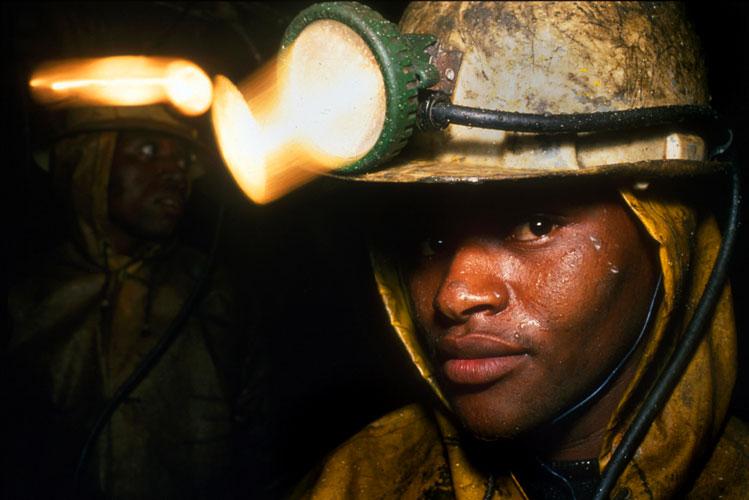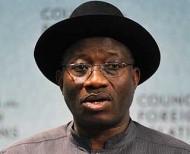Conflict Management and Opportunity Cost
The reaction to the likely indictment of President al-Bashir stands as a microcosm for the international response to the Darfur crisis: there is a lot of noise and there are many actors with good intentions, but their interests and strategies differ so starkly that their combined voices appear incoherent and ultimately cancel each other out. Indeed, despite the reluctance in the Arab world, the Darfur conflict has triggered an international response that eclipses all other conflicts in Africa: the world’s largest humanitarian operation takes place in Darfur; the largest and most expensive peacekeeping mission is currently being deployed; a plethora of special envoys and mediators have been appointed to make peace in Darfur; the Darfur conflict has generated a highly influential advocacy movement; for the first time, the U.S. government has declared the ongoing conflict as a genocide and permitted the UN Security Council to refer a case to the ICC. In a sense, Darfur is the antithesis of Samantha Power’s criticism that mass atrocities and genocide are considered ‘a problem from hell,’ with people and politicians preferring to look away when they are being committed. Despite all the attention, however, the Darfur conflict appears further than ever from resolution. This paper attempts to get to the heart of this paradox.





